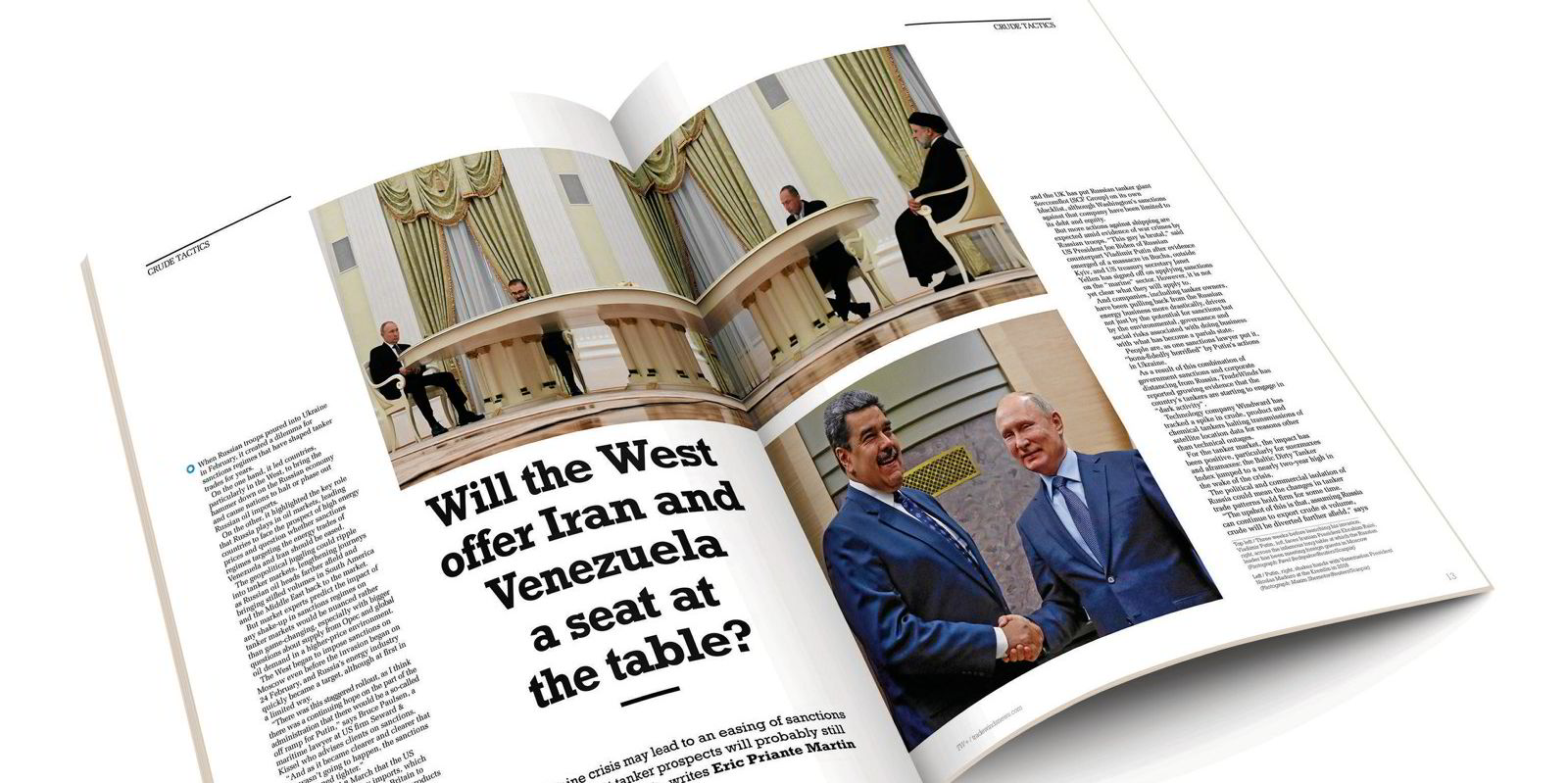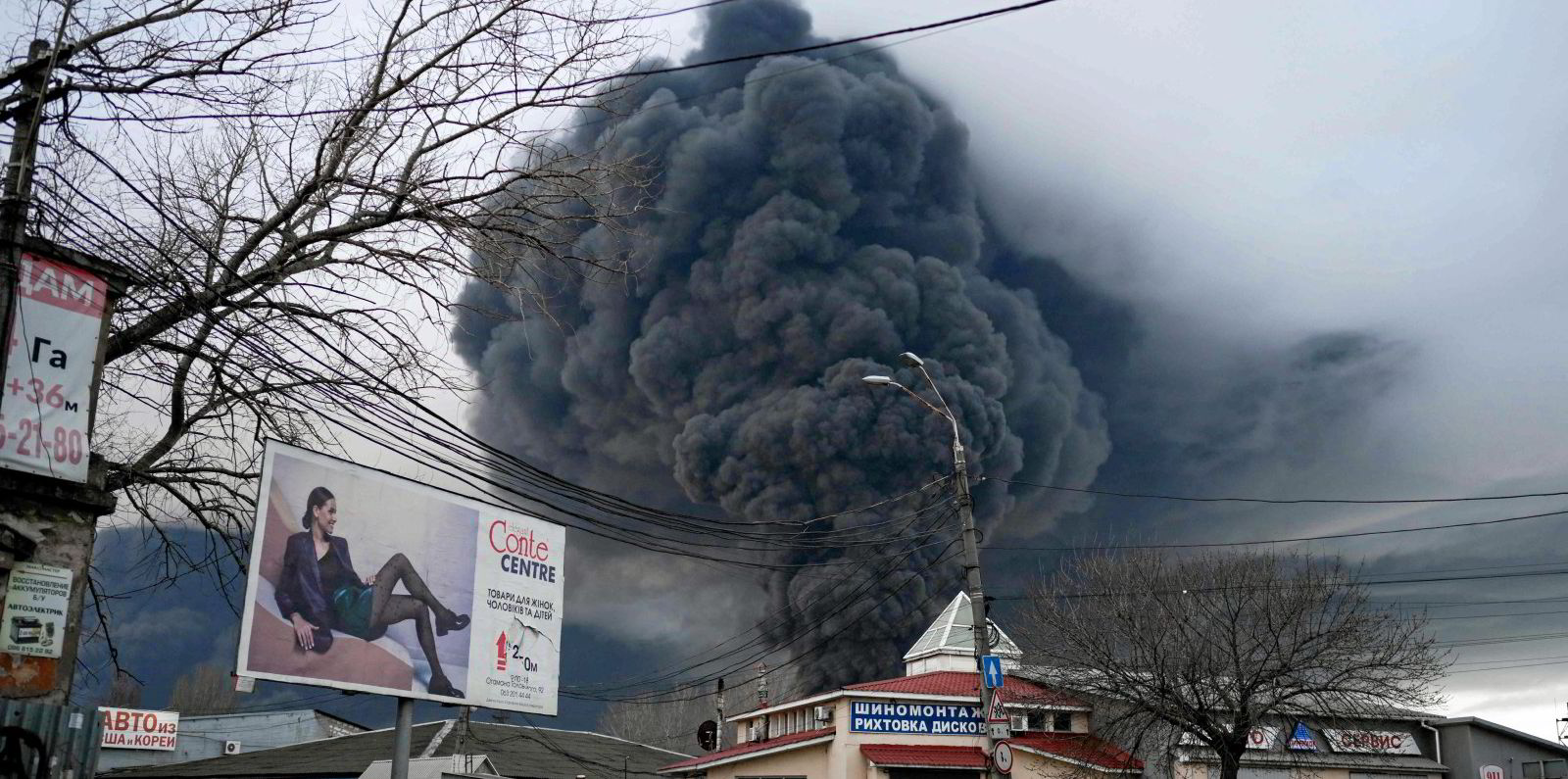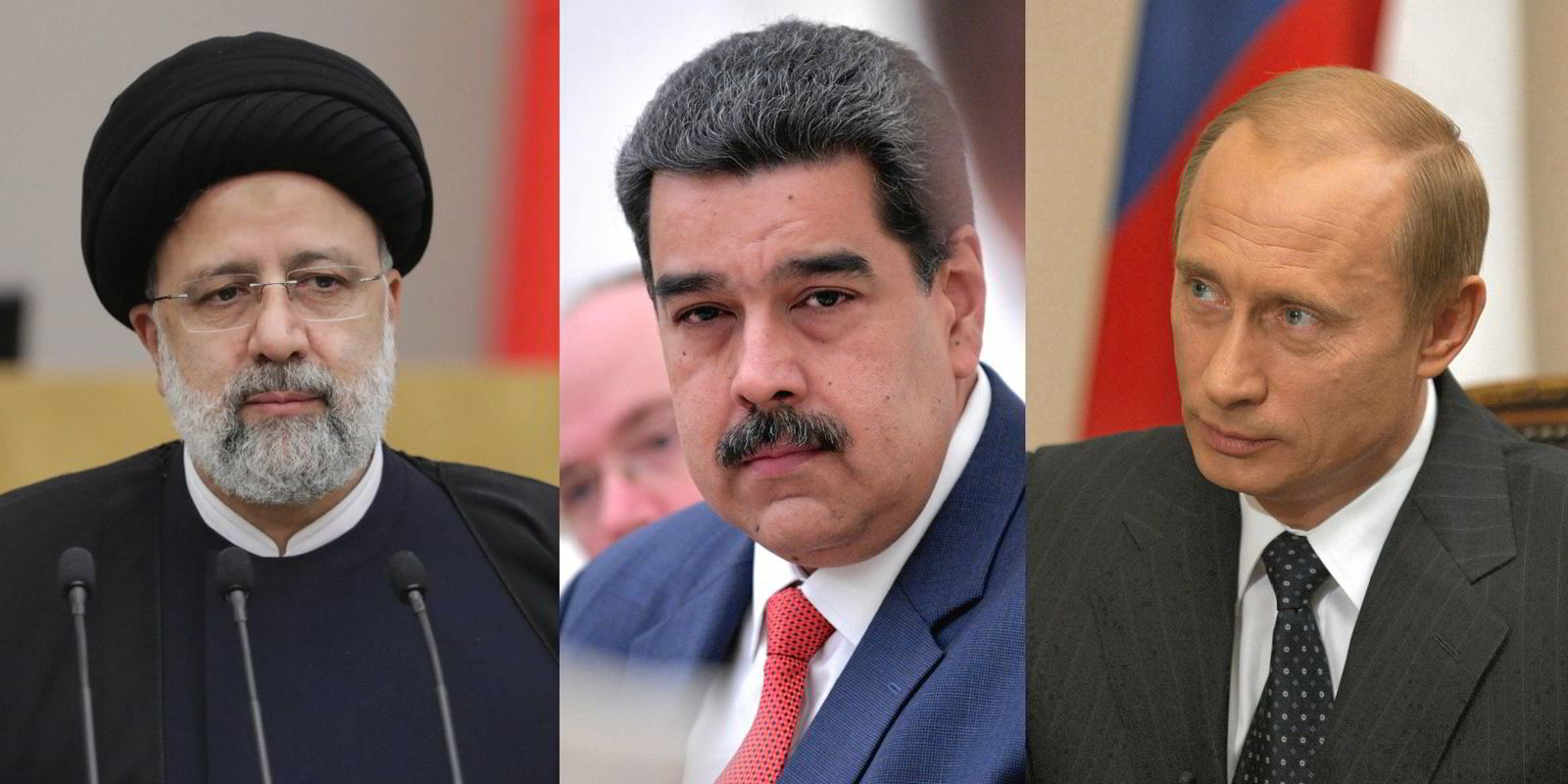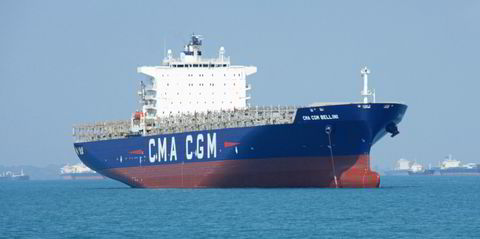Three months ago, Russia invaded Ukraine, expecting a quick, decisive victory; it would be over before enough countries opposing the aggression had time to mount effective sanctions.
That Russian President Vladimir Putin got that calculation badly wrong is evident. Slowly but surely, the West has unfurled increasingly punitive sanctions against Russia, its banks and companies, including shipping fleets.
Many Western organisations and companies have curtailed business with anything Russian as a form of self-sanctioning on top of the official measures.
These reactions put shipping on the front line of developing barriers to business and are setting in motion wide-ranging changes to global trading patterns that are beginning to emerge.
How trades in grains, oil, coal, gas and containerised goods will be affected over the longer term remains to a large extent unclear, but patterns that are going to emerge can be speculated on and forecasted. This issue of TW+ tries to bring a little clarity to the fog of uncertainty.
It is clear that even in the unlikely event that the war ends soon, the suffering for millions of people will spread to many less developed or isolated countries that rely on imports of commodities, foods or goods.
Cutting off grain exports from blockaded Ukraine and sanctioned Russia will mean food shortages in many African and Middle Eastern countries.
The price of energy has soared as oil and gas supplies have been threatened with disruption or blocked, with Moscow claiming it will cut off pipelines, and the European Union proposing a complete import ban on all seaborne or piped Russian crude and refined oil.
Disputes over the legality of disrupted transport contracts will also be long and highly complex, cyber-threats have multiplied and logistics supply chains already strained by the pandemic will be further obstructed.
Seafarers, many of whom come from Ukraine and Russia, face mounting problems, worried about families and relatives, or unable to enter or leave countries. The psychological stress is mounting for crews who have already been hard hit by longer periods of duty caused by Covid restrictions.
Shipping has often done well from conflict and uncertainty, and freight rates are likely to rise along with costs, but the downsides for everyone far outweigh anything if Putin is serious in his veiled threats of unleashing nuclear Armageddon.
Even its conventional warfare against Ukraine is ludicrously self-damaging. Moscow will inherit a wasteland if it eventually succeeds in annexing the Donbas region and a corridor to Crimea, including the devastated port of Mariupol.
The invasion may bolster long-term efforts to cut reliance on fossil fuels, but in the shorter term it is making the battle against climate change harder.
Hopefully, that can highlight the shortcomings of outdated ways of thinking. What is the point of building an empire if that mega-state, alongside the rest of the world, is burning up from global warming?
In the mid-1960s, Barry Maguire’s anti-war song Eve of Destruction, written not so long after the Cold War hit a low point with the Cuban Missile Crisis and while the Vietnam War was in full tumult, exemplified how little has changed today.
It ends with the verse and chorus:
And think of all the hate there is in Red China
Then take a look around to Selma, Alabama
Ah, you may leave here for four days in space
But when you return, it’s the same old place
The poundin’ of the drums, the pride and disgrace
You can bury your dead, but don’t leave a trace
Hate your next-door neighbour but don’t forget to say grace
And you tell me over and over and over and over again, my friend
You don’t believe we’re on the eve of destruction
It doesn’t have to be the case. But it is looking to be a hard voyage, which shipping will have to play a huge part in navigating, to a new world order in which reconciliation will eventually be necessary.






